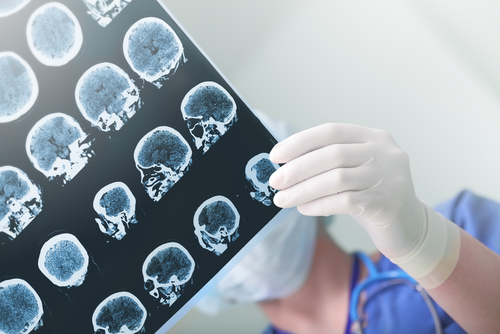Researchers at the Second Affiliated Hospital of Xi’an Jiaotong University in China, found that the drug celecoxib might be useful for the treatment of epilepsy. The findings, from the study “Effects of cyclooxygenase-2 selective inhibitor celecoxib on the expression of major vault protein in rats with status epilepticus,” were published in The Chinese Journal of Contemporary Pediatrics.
For the study, researchers evaluated the potential use of celecoxib for treatment of epilepsy by examining the expressed levels of the MVP (major vault protein) molecule known as a marker of drug resistance in epilepsy.
Sixty adult male rats included in the study were randomly assigned to one of three groups: a control group, an epilepsy model, or a treated with celecoxib. The rats were then injected with lithium and pilocarpine to generate status epilepticus, an epileptic seizure that lasts for either a long period of time or short seizures occurring successively without the subject being able to recover between the episodes. The procedure left 16 subjects enrolled in each of the three previous groups, which were then examined for MVP expression in the brain using immunohistochemistry and Western blot analytical methods.
Researchers found that the MVP is highly expressed in the epilepsy model group when compared to the control group. The group treated with celecoxib had lower levels of expressed MVP with respect to the epilepsy model group but greater than that of the controls.
The study concluded: “Celecoxib could decrease the expression of MVP in brain tissue of rats with status epilepticus, suggesting that it is promising for the treatment of intractable epilepsy.”
According to a study published in the Lancet, statistics from 2013 indicate that epilepsy affects approximately 22 million people globally. It is the most common serious neurological brain disease characterized by reoccurring episodes of seizures, brief or in long periods, of intense shaking.
There is no cure currently for epilepsy but medications are available to control seizure recurrences in many cases. Examples include phenytoin, carbamazepine, and valproate.
Additional tentative evidence suggests that celecoxib, a selective inhibitor of an enzyme called cyclooxygenase -2, might be useful for the treatment of mental illnesses like major depression, schizophrenia, and bipolar disorder.


